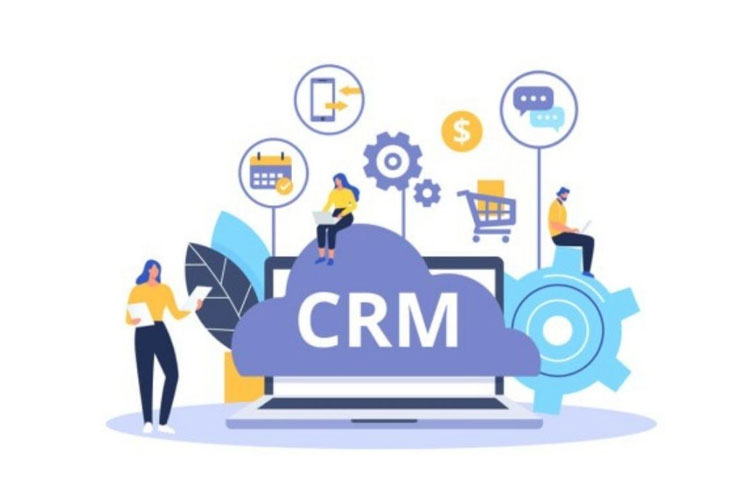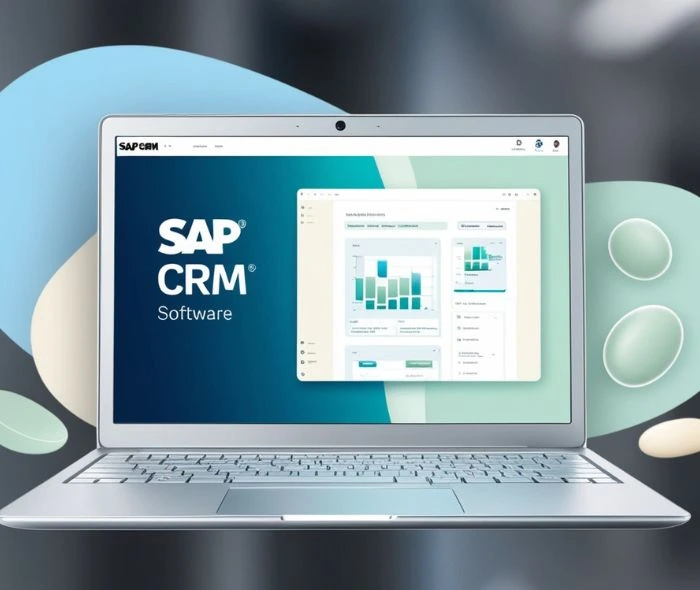In an era of constantly shifting customer demands, aligning your sales and marketing efforts is crucial. CRM platforms are great for enhancing customer service, improving communication between teams, and simplifying sales and marketing processes.
But what if you could automate menial and repetitive tasks? What if you could boost your ROIs with innovative marketing campaigns? Well, it would undoubtedly maximize sales and enhance marketing performance. And that’s precisely what adding marketing automation to your CRM workflow can help you achieve!
As much as half of the Fortune 500 companies have already hopped onto the marketing automation bandwagon. Moreover, according to a 2019 report by Social Media Today, three-quarters of all companies use some form of marketing automation. And apparently, it works – A study conducted by Invespcro found that 77% of marketers witnessed positive ROI using marketing automation within a year.
But what exactly does this integration entail for your business? Read on to find out.
A Centralized Location for Your Data
Switching between different systems and apps to access data can be pretty exhausting and time-consuming. By integrating marketing automation and CRM, all your data is stored in one centralized, easy-to-access location. This improved accessibility makes life easier for sales and marketing teams, as all the information regarding customers and leads is just a few clicks away.
Efficient Lead Scoring
The quicker your respond to leads, the more likely they are to convert. And not all leads are created equal. Needless to say, your marketing efforts should be concentrated on those leads that are more likely to make a purchase. But how do you decide this? Well, that’s where marketing automation plays its role.
Marketing automation systems assign each prospect a score and a rank based on the level of interest they’ve shown in your products. While the marketing automation allots these values, your CRM can simultaneously engage these customers with messaging and ad campaigns, resulting in a smooth-flowing marketing pipeline.
Identifying What Works and What Doesn’t
By integrating marketing automation with CRM, you can easily track your marketing efforts and identify which actions brought success – and which didn’t. This level of accountability would be unattainable with just CRM software in your marketing arsenal. If you were to base your decisions on such a unilateral view, marketing strategies would be deemed adequate based on misleading parameters, which can throw your entire operation astray. The symbiotic relation between CRM and market automation, thus, prevents marketers from making half-baked decisions. Also, by pinpointing productive actions, you can award credit when it’s due by adequately compensating your employees come payday.
Enhanced Customer Relationships
The purpose of marketing automation and CRM is to approach the customers (both old and new) and nurture better relationships. However, with two separate platforms, you’d essentially be tracking two different conversations with the same customer. It reduces clarity and doesn’t offer any additional value to customer interaction.
By going down the integration path, you get a single, efficient channel to communicate with your customers and leads. With it, you can easily analyze and understand customer behaviour, ensure consistent interactions, and provide better customer service.
Wrapping Up
Integrating marketing automation with your CRM encourages across-the-board efficiency and enables synchronization between various teams. Plus, it provides a centralized repository for your data, thereby preventing duplication. Lastly, by automating menial tasks, it ensures that your sales and marketing teams can funnel all their resources into what they do best: make sales.


